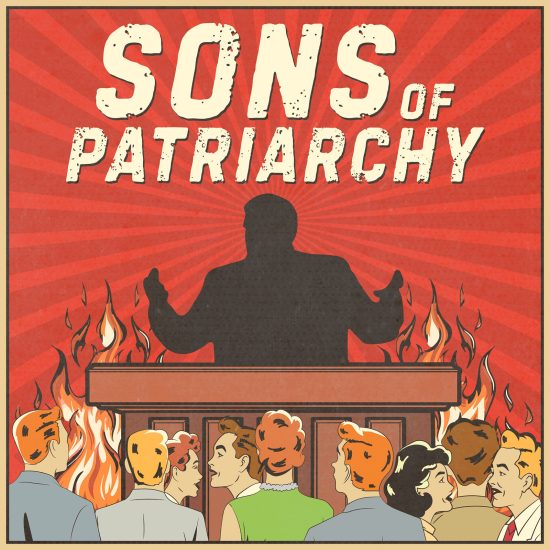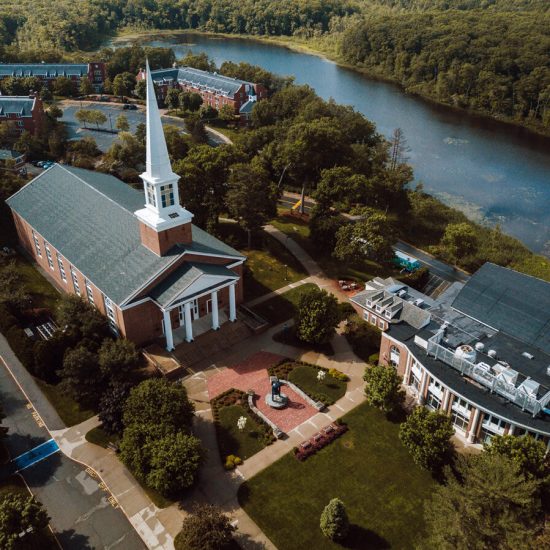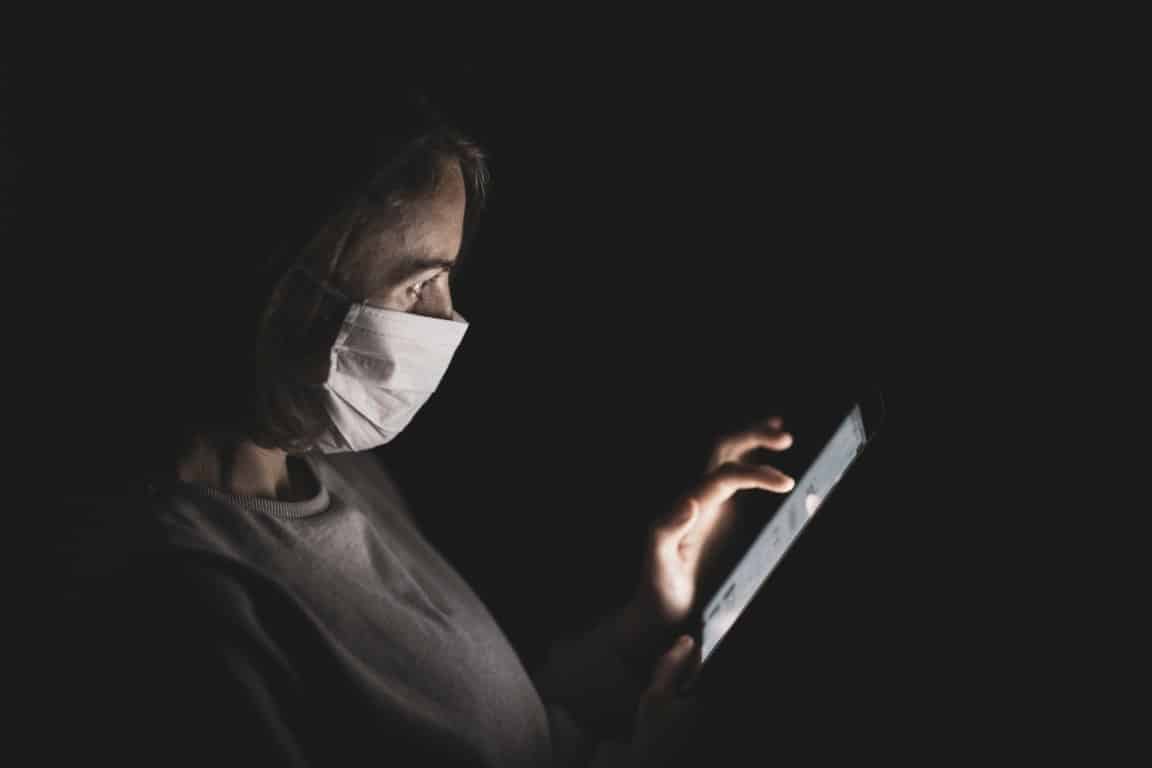
With everything shut down by a pandemic, I decided to start reading a new book as escapism: The Plague by Albert Camus. Okay, I guess I instead decided to lean into this moment.

Brian Kaylor
Set in the 1940s in the French Algerian city of Oran (a coastal city in northern Africa), the bubonic plague appears and devastates the town. Doctors convince local officials to shut down the city gates to prevent its spread, which quarantines everyone there.
There are brilliant moments in the book I’m not sure I would’ve appreciated before this year. Camus really captured aspects of living in a shutdown sparked by a deadly virus (although, to be fair, the plague is much worse than coronavirus). There were several moments in the book as he described reactions by characters to the situation that I thought, “Yep, that sounds like right now.”
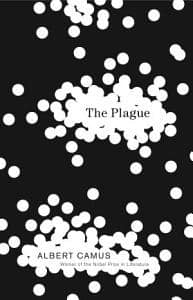 The key scene occurs between the two main characters, Dr. Bernard Rieux and Jean Tarrou, as they relax one evening after another long shift unsuccessfully treating plague patients. As Tarrou opens up to his friend about his past life — that included involvement in revolutionary violence in other countries — he says he realized he had a metaphorical plague long before the biological one appeared.
The key scene occurs between the two main characters, Dr. Bernard Rieux and Jean Tarrou, as they relax one evening after another long shift unsuccessfully treating plague patients. As Tarrou opens up to his friend about his past life — that included involvement in revolutionary violence in other countries — he says he realized he had a metaphorical plague long before the biological one appeared.
“Each of us has the plague within him; no one, no one on earth is free from it. And I know, too, that we must keep endless watch on ourselves lest in a careless moment we breathe in somebody’s face and fasten the infection on him,” Tarrou said. “One must do what one can to cease being plague-stricken.”
As Christians, we should relate to Tarrou’s comments. We each have a plague — we usually call it sin — within us. And the wages of plague is death.
Thus, while The Plague is a book about a town suffering for months through a horrible epidemic, it is also an exploration of more than that. After all, Camus wrote part of the book while living in southern France during the resistance to the Nazis in World War II. And he left that area only to join the resistance by editing an underground newspaper in Paris. He saw the plague within people’s souls that devoured millions of lives and threatened the entire world.
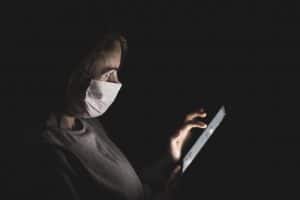
Photo by engin akyurt on Unsplash
As the coronavirus pandemic continues to infect millions around the world and kill hundreds of thousands, we shouldn’t make the mistake of only considering the dangers of the microbiological world. This time is also revealing the plague within us with which we’ve infected others.
Blacks in the U.S. are dying at a rate three times that of white Americans. The plague within us has created a systemically unjust system with racial disadvantages in access to healthcare, education, employment, wealth, and more.
Protesters and politicians demand places — including houses of worship — reopen, even if medical officials warn it’s too soon and will result in more deaths. The plague within us creates a distorted vision of “freedom” that prioritizes self over all else.
Several business employees have been assaulted and even killed by customers angry at being asked to wear a mask to enter. The plague within us lashes out at others instead of embracing a simple, lifesaving way to love our neighbors.
More than 40 million Americans have lost their jobs, while U.S. billionaires saw their wealth increase by $238 billion during the first month of the coronavirus pandemic here. The plague within us has created an inequitable society where the lives of the poor are tossed aside for the pleasure of the wealthy.
Some government officials in various states have manipulated health data to make it look like the pandemic isn’t as bad there, thus justifying their own policies. The plague within us values self-importance over honesty and the lives of others.
Greed, impatience, deceitfulness, violence, idolatry. The plague lives within each of us. And the question is: Will we infect others?
May we not let this time pass without teaching us, changing us. Let us not return to the old plague-stricken normal. Let us not simply reopen to the way things were. Let us build better communities that embrace not our sinful desires but the fruit of the Spirit.




